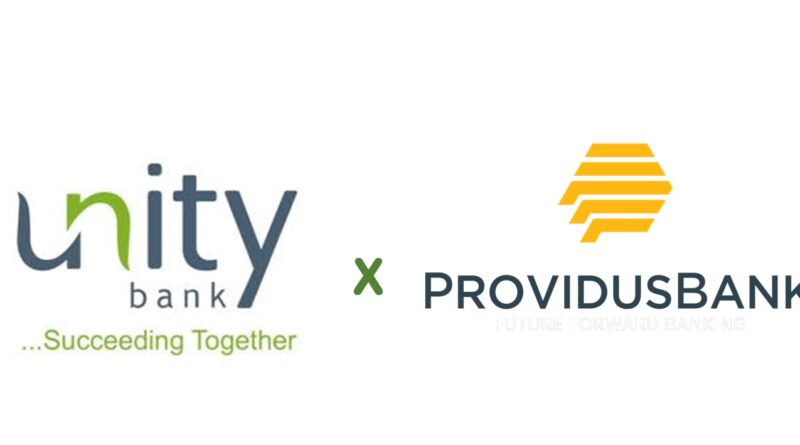Bank Mergers: Unity and Providus Face Test of Legacy
 Bank Mergers: Unity and Providus Face Test of Legacy
Bank Mergers: Unity and Providus Face Test of Legacy
The Nigerian banking industry is preparing for another major shift as Unity Bank and Providus Bank move closer to finalizing their merger. The new entity, expected to be unveiled later this month, could reshape the country’s mid-tier banking space if the integration succeeds.
Mergers in the sector have always been disruptive. They come with risks, but they also open the door to fresh opportunities. When handled well, they can blend institutional heritage with innovation, creating stronger financial institutions.
History offers some proof. The union of United Bank for Africa and Standard Trust Bank produced an institution that now operates across Africa. The merger between Access Bank and Diamond Bank also showed how complementary strengths can be harnessed without erasing legacy identities.
The Unity-Providus deal mirrors this tradition. Unity Bank brings an extensive branch network, deep grassroots connections and a reputation in small and medium business financing. Its role in agricultural lending, particularly in northern Nigeria, has made it central to food security policies. Providus, by contrast, is a younger bank with strong digital capabilities and a reputation for innovation. Together, they promise a combination of reach, trust and modern service delivery.
ALSO READ: Marine Corps League, Marietta Times Hold Food Drive
The Central Bank of Nigeria (CBN) is backing the merger with a ₦700 billion loan on a 20-year term. Analysts describe the intervention as one of the boldest regulatory moves in recent years. The support is designed to stabilize Unity Bank, protect depositors and strengthen confidence in the wider financial system.
For customers, the merger offers the possibility of wider services. Unity’s nationwide footprint could give Providus’ digital-first products access to rural and semi-urban communities. At the same time, Providus’ tech-driven operations may enhance Unity’s long-standing relationships with farmers, traders and SMEs.
Still, challenges remain. Integrating two corporate cultures is never simple. Preserving customer trust, retaining skilled staff and aligning systems will determine how quickly the new institution can compete with tier-one banks. Without careful management, the risk of a failed union cannot be ruled out.
Yet if successful, the merger could produce a bank with assets of ₦2.5 trillion, positioning it firmly in the mid-tier category. More importantly, it would represent a balance of legacy and innovation a union that could redefine financial inclusion and strengthen Nigeria’s banking sector.
Content Credit: Olaoluwa Ayomide
Image Credit: Google .Com




